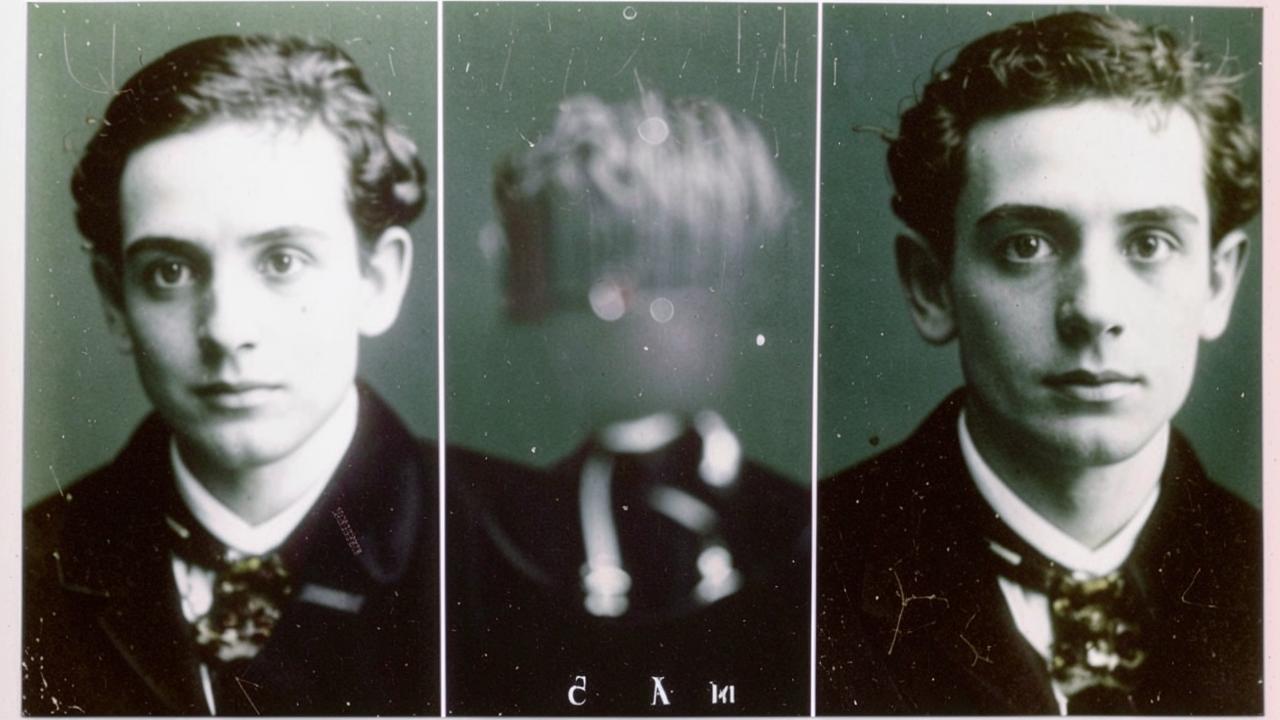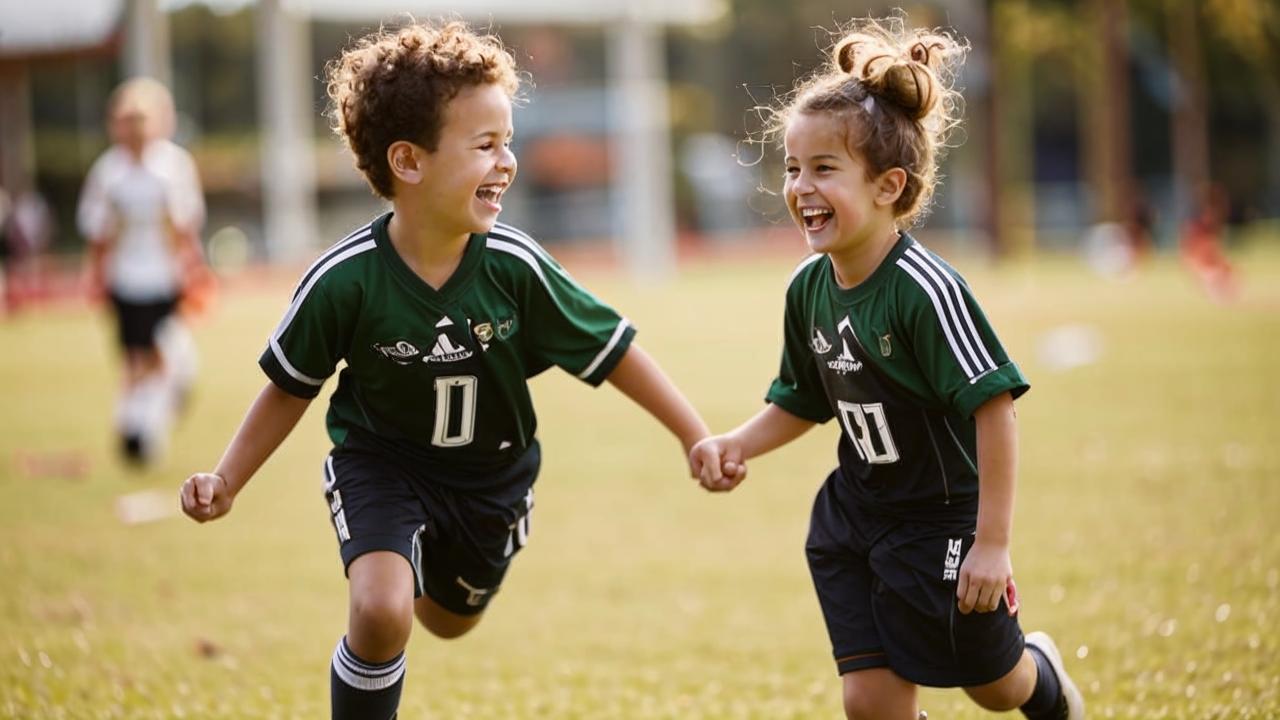We often deify success and consider failure as something unworthy and shameful. This is projected into parenting, not only in sports, but also in everyday life. In fact, failures matter far more than victories. And here’s why.

physician, clinical psychologist, regression therapist.
Why would a child, who is already having a hard time, need to know about defeats and failures? Wouldn’t it be easier to give the child the incentive of the prospect of victory and not show him that there are winners and losers?
A kid in sports is never easy. He has to grow, learn, socialize with peers and at the same time regularly go to training, watch his nutrition and invest in the sport emotionally. Of course, many people snap and quit. However, with the right approach, children will enjoy practicing on their own. How to instill in a child a love of physical activity, told in the material at the link.
First, the child must understand that the first place is only one, but there are still the second and third, and there are also the top ten. And not always even the most talented and persistent athlete will take only the prize-winning places. There is a possibility of not getting a medal at all, and this fact should not frighten. A young athlete should not be afraid of defeat. After all, fear is not the best advisor.
If a child will focus on the fear of losing, to let down the team, coach, mom, country – he will lose more often. Psychological research confirms this. Each lesson, competition – even unsuccessful – should be perceived by the child as necessary steps for his personal growth.
What kind of motivation there is
The first type. Children who are motivated to do something by the fear of losing and punishment. This can be condemnation from a parent, and scolding from a coach, and their own self-bashing. Such a child is always under stress. As a rule, he has chronically elevated levels of the hormone cortisol. Alas, such children – and adults – are more difficult to grow in their achievements.
The second type. Strive to train, to grow above themselves, to go forward, to rejoice in every step to victory. This type of child has an increased level of hormones of happiness: dopamine, oxytocin. And the adrenaline spectrum of hormones increases only when it is necessary – at competitions. This type more often achieves its goals and wins, is not afraid of defeat.
How to properly motivate a child

Clinical (medical) psychologist, hypnotherapist, regressologist, writer
To bring up a child’s self-confidence and teach him to cope with difficulties, you need to follow a few rules.
Be confident in his abilities. In this way, the nurturer gives support and the opportunity to lean on his determination to move toward the result.
Be patient. When learning something new, doubt and uncertainty are common for everyone, not just children. Be willing to go the “two steps forward, one step back” approach.
See the child’s unique capabilities. And focus on activating and developing them instead of focusing on the negative.
Explain that failure is possible. Give examples where you yourself or the child has already added results despite the difficulties encountered. These examples should be clear and obvious, and most importantly – close to the child himself. Remind him how he got an “excellent” for a poem, which at first could not learn, or mastered a new trick on a skateboard, which for a long time did not work out.

Don’t compare him to anyone. This devalues personal achievements and lowers self-esteem. It is better to compare your child to his own accomplishments or the accomplishments of people he would like to be like. Find a story of overcoming challenges in the comparisons and frame it that way.
Support with praise. If something needs to be corrected, do not go to complaints and humiliation, say, again, I could not. Start with praise. For example: “That was cool, you’re good! Now let’s tighten up this and that to achieve the desired result.
Be clear and consistent in your recommendations. Explain that to achieve the result you need to do this and do it this way. If the child does not grasp everything on the fly, do not get angry – patiently explain again.
Sincerely rejoice in even the smallest victories. More often say: “I’m proud of you, you’re good!”. Praise, even if it was not possible to win: “You tried, well done, but everything happens. Take a rest and we’ll see what we can do to make sure you get what you want next time.”
Discuss the misses. This, too, is an important part of the victory story. By analyzing with your child his failures, you help him avoid similar mistakes in the future.
A loser is always upset. For him to be able to cope with failure and win the next time, he needs someone who, even in the most desperate situation, will reach out his hand and say: “I believe in you, champion”.
Motivation and kind words are needed not only for children, but also for adults. We have collected the most kind and inspiring quotes from cartoons of childhood in the material at the link.






